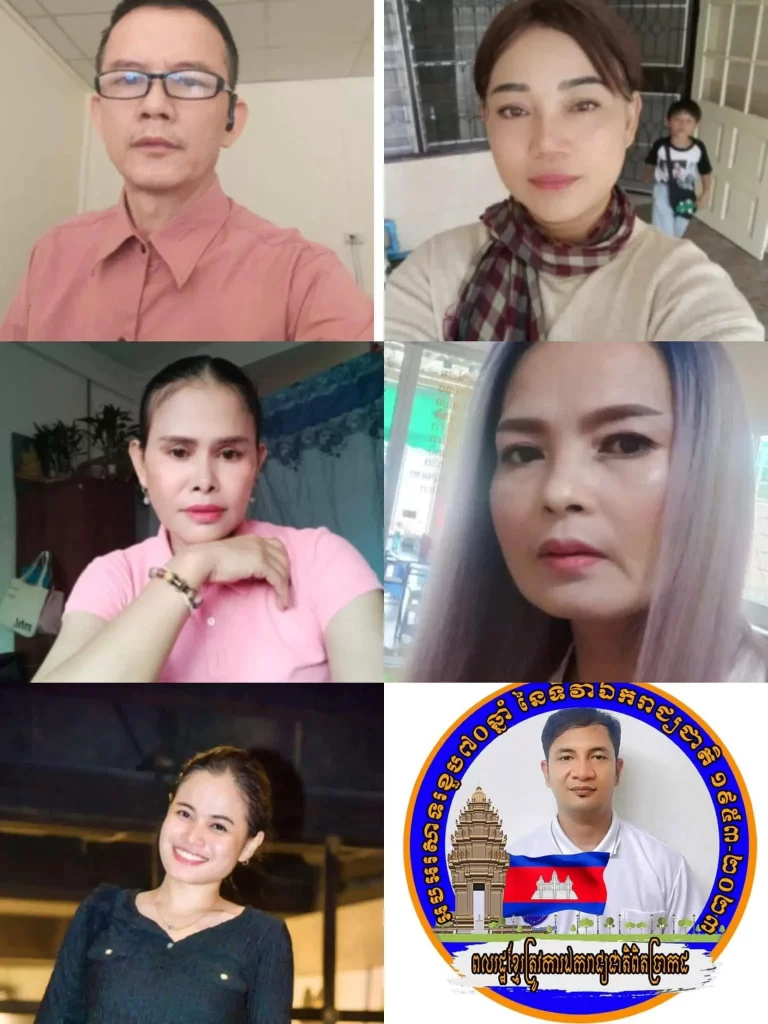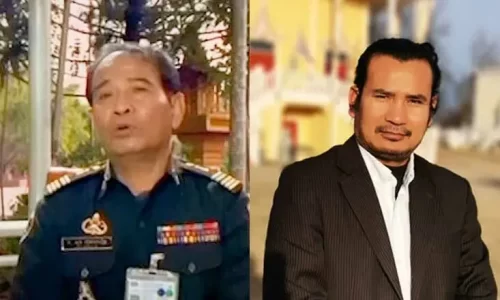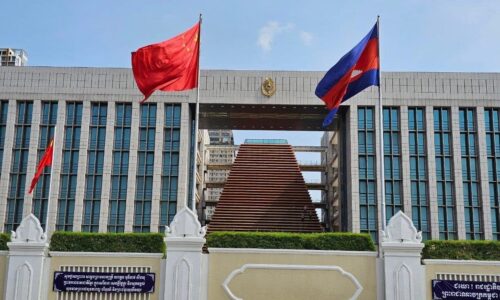Thailand deports 6 Cambodian activists facing treason charges over critical Facebook comments
- admin
- 0 Comments
Thursday 28 November 2024
Six Cambodian activists charged with treason for comments criticizing the government on Facebook have been deported from Thailand to stand trial, a pro-democracy group said.

Six Cambodian activists charged with treason over Facebook comments criticizing their government have been deported from Thailand to stand trial, a pro-democracy group said Thursday.
The Khmer Movement for Democracy, a movement formed by opposition leaders in exile, criticized the decision to return the four women and two men Nov. 24, saying they will face “inhuman and degrading treatment” in Cambodia’s overcrowded prison system.
Thailand and Cambodia are accused by rights groups of having a de facto agreement to return political dissidents wanted by their home country.
The activists — Pen Chan Sangkream, Hong An, Mean Chanthon, Yin Chanthou, Soeung Khunthea and Vorn Chanratana — are associated with the opposition Cambodian National Rescue Party, which was dissolved ahead of the 2018 general election as part of a crackdown on the opposition.
The Cambodian People’s Party subsequently won every seat in the National Assembly in an election that returned autocratic leader Hun Sen to power.
Hun Sen ruled Cambodia for nearly four decades until 2023, when he stepped aside to make way for his son, Hun Manet, who was elected prime minister later that year in elections that were criticized internationally as neither free nor fair.
The six activists were charged in August by the Phnom Penh Municipal Court with treason after posting statements critical of the Cambodian government’s involvement in a decades-old regional development agreement with neighboring countries, said Am Sam Ath Operational Director of local rights group, Licadho. He confirmed the six had been deported by the Thai government.
The Cambodia-Laos-Vietnam Development Triangle Area (CLV-DTA) agreement was a development plan intended to facilitate cooperation on trade and migration in four northeastern provinces of Cambodia and border areas in Laos and Vietnam. It was signed in 1999 and formalized in 2004.
Critics focused on land concessions, charging that the pact privileges foreign interests, and particularly that it would cede land and sovereignty to Vietnam, a highly sensitive issue because of Cambodia’s historical antagonism toward its larger eastern neighbor.
Nearly 100 people were also arrested in August in Cambodia for protesting the agreement.
Hun Manet defended the crackdown, saying the authorities must protect the social order and security for the sake of all Cambodians, and accused the protesters of seeking to overthrow his government.
His government then pulled out of the CLV-DTA in September, but the charges against those who protested remain.
Kheang Sonadin, a spokesperson for Cambodia’s department of prisons, said all six activists had been assigned to various prisons on Nov. 25.
If convicted, they face up to 10 years in prison.



